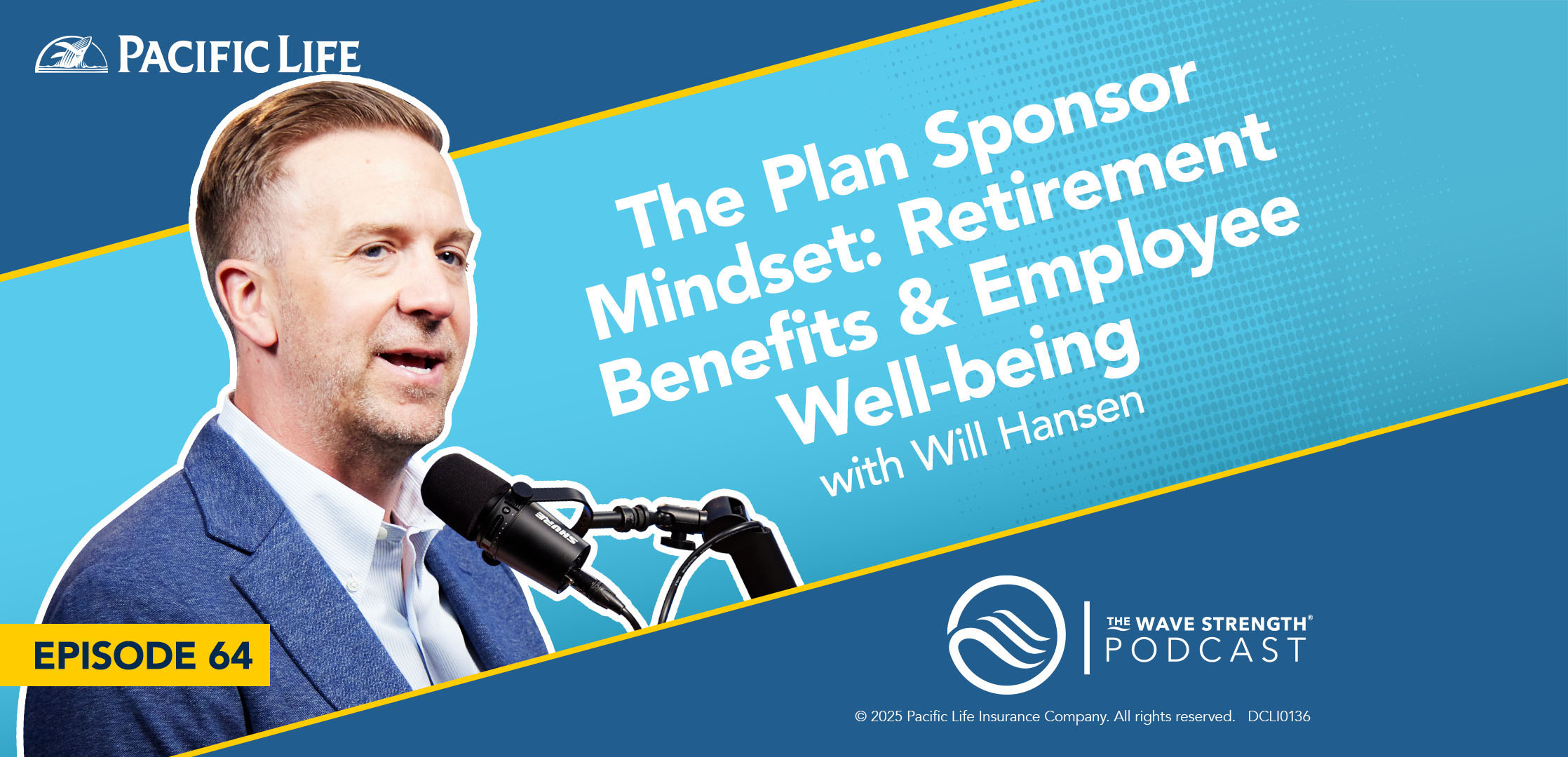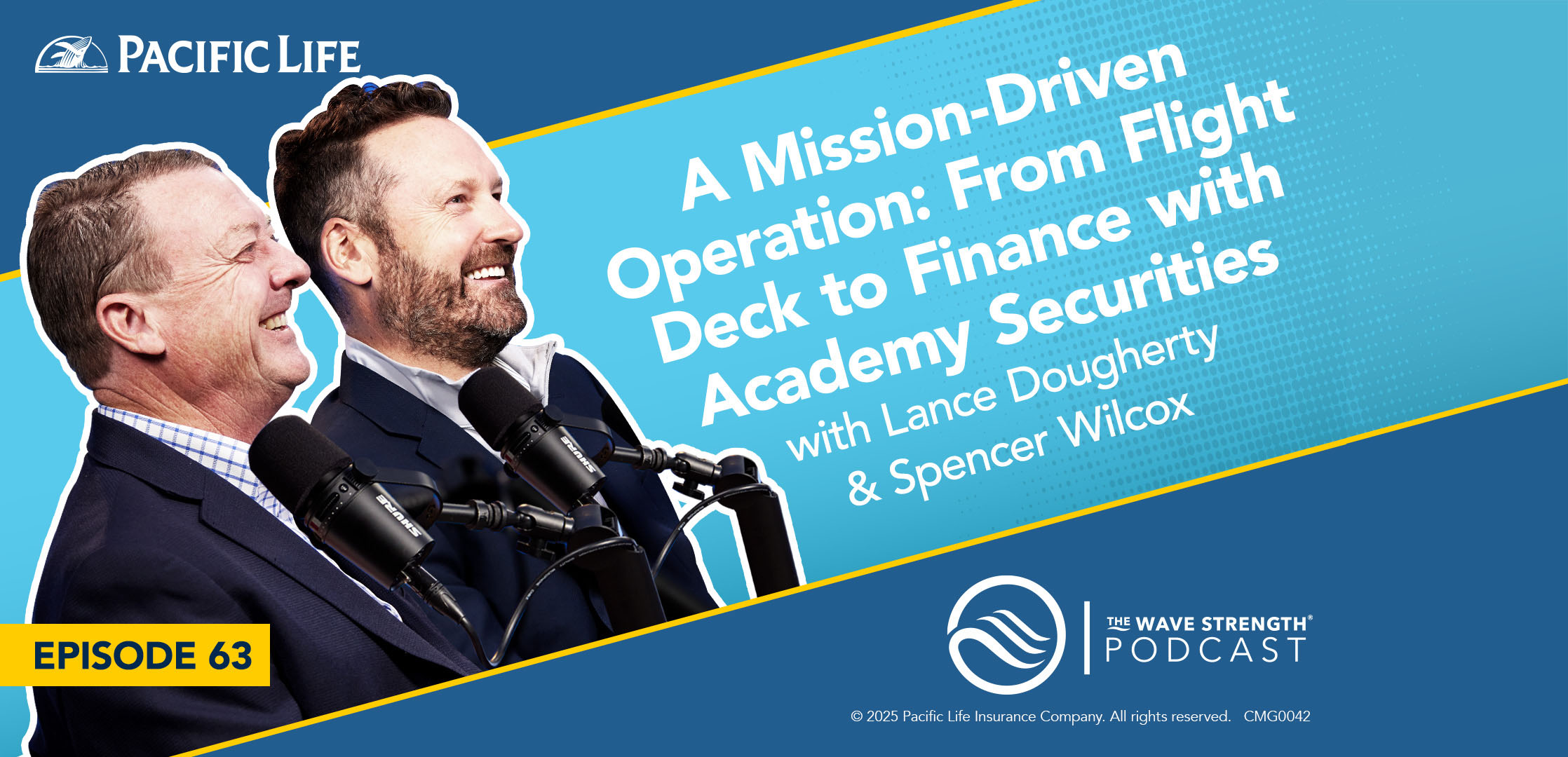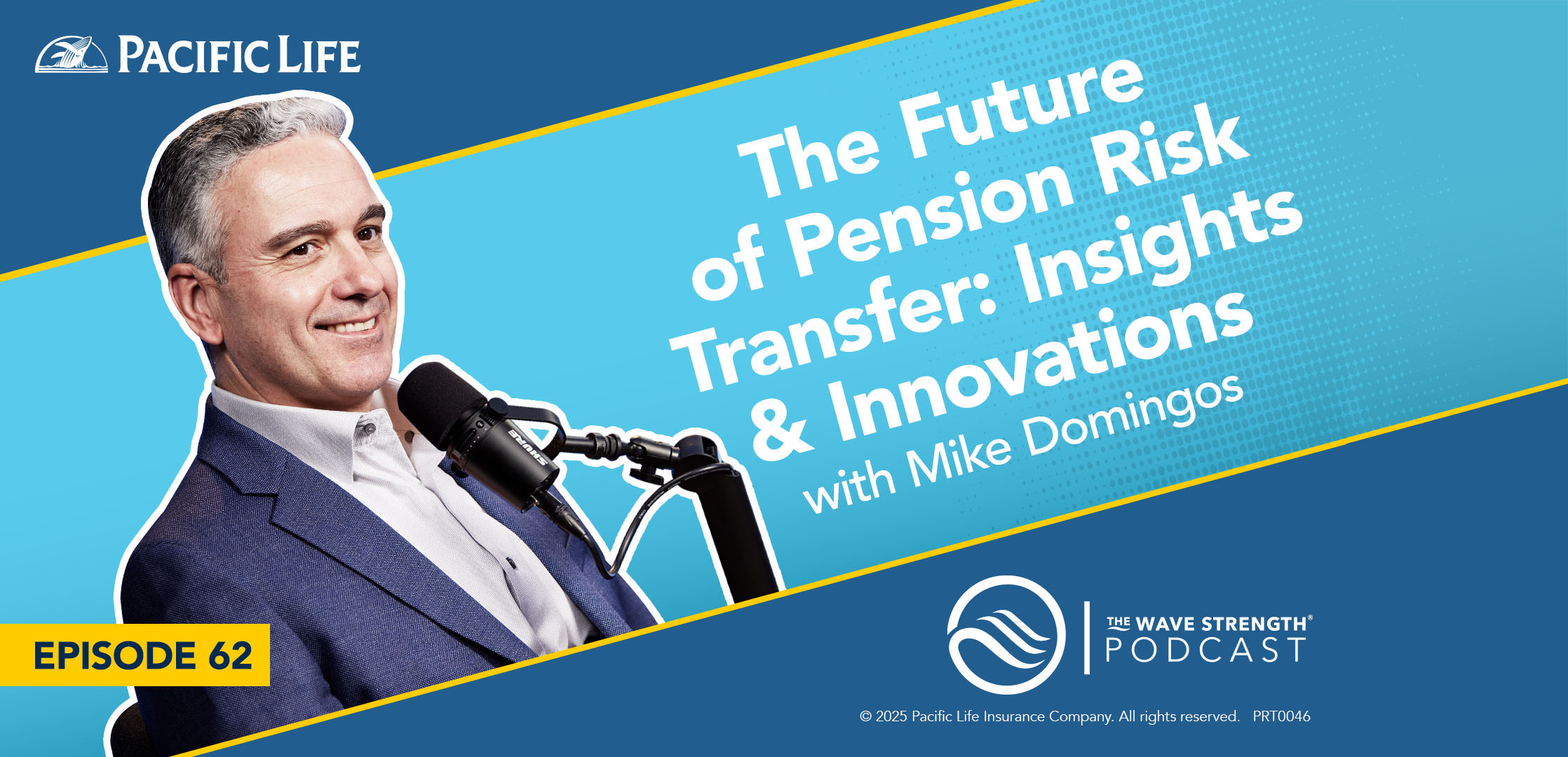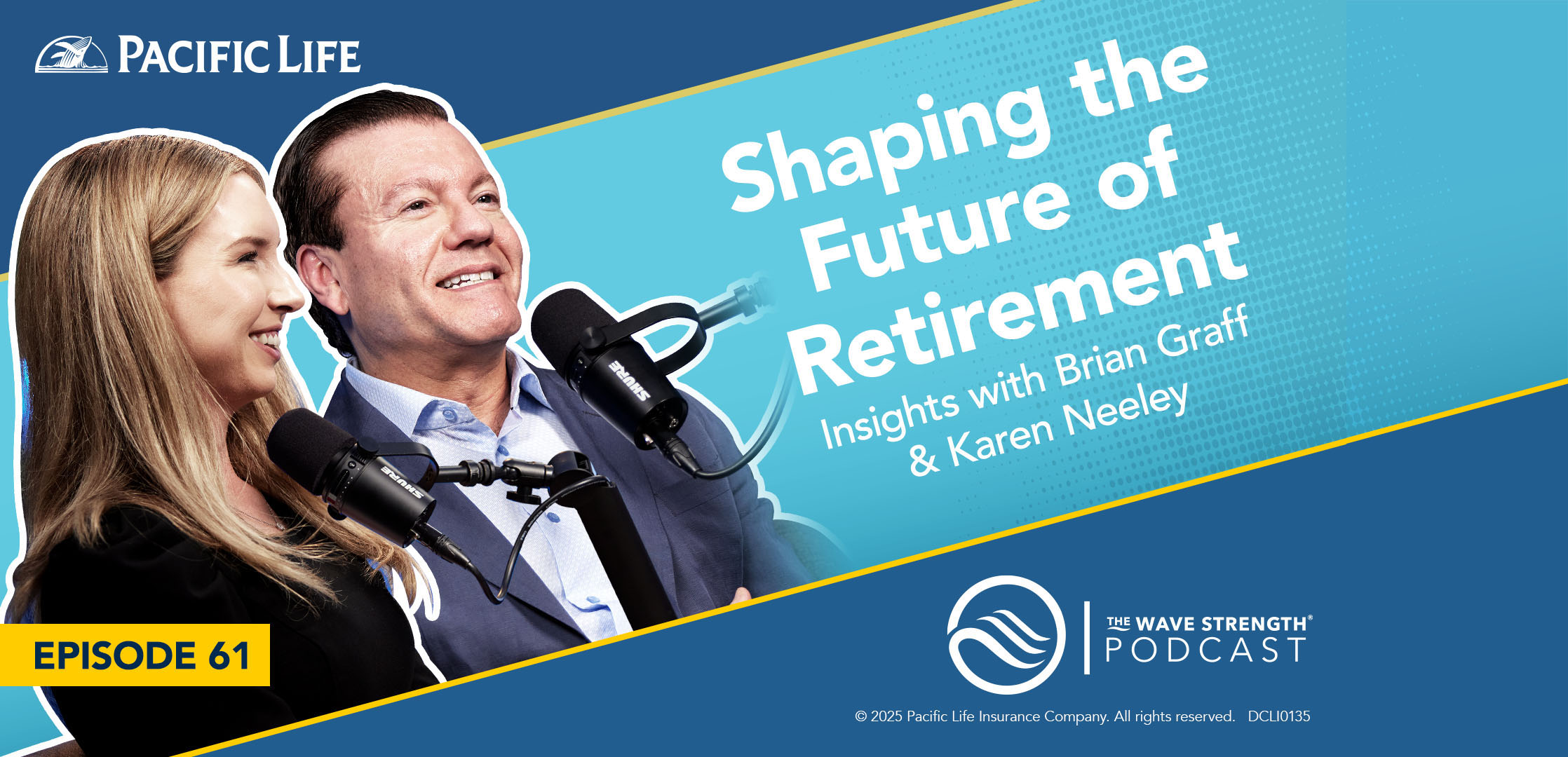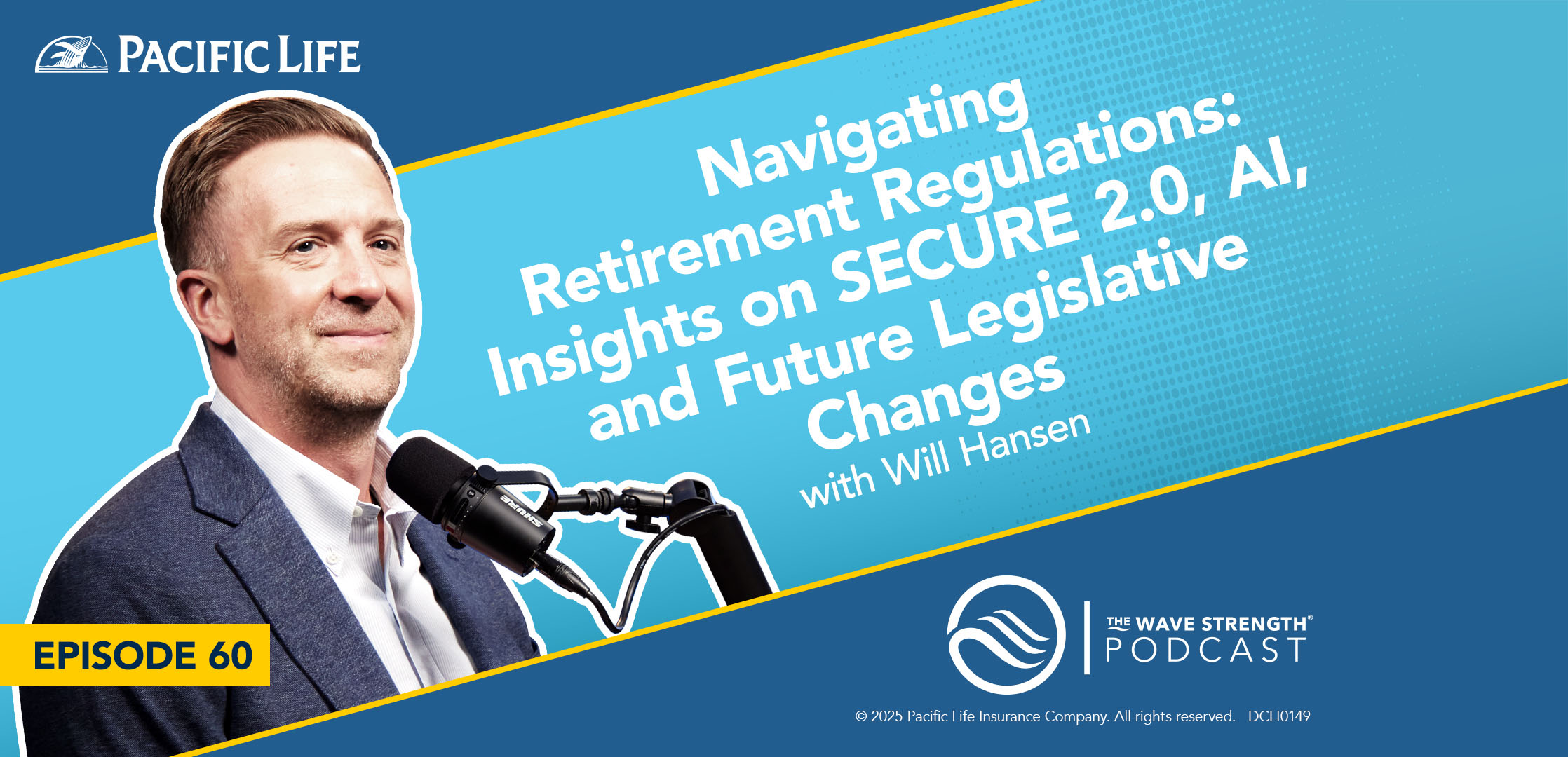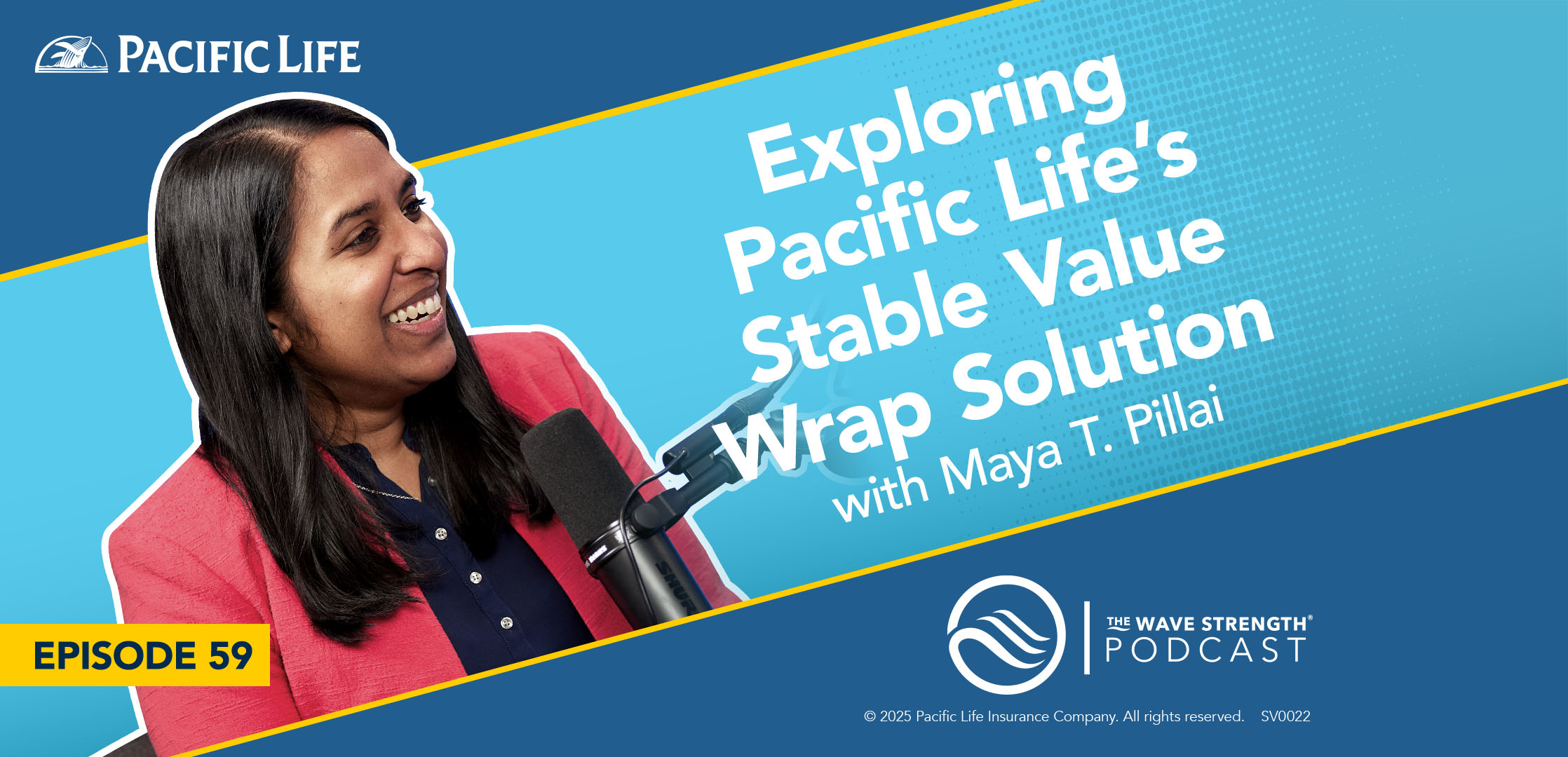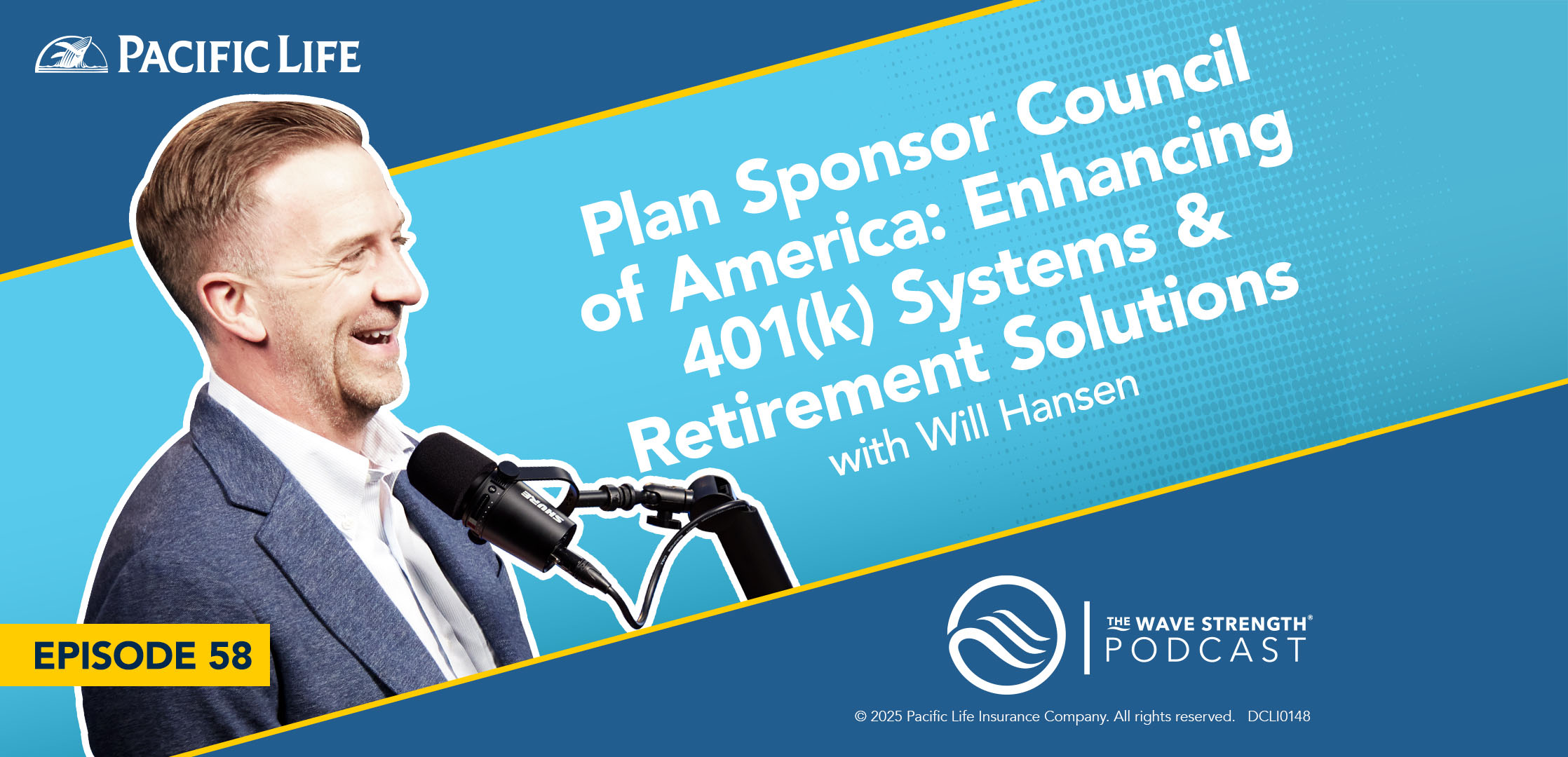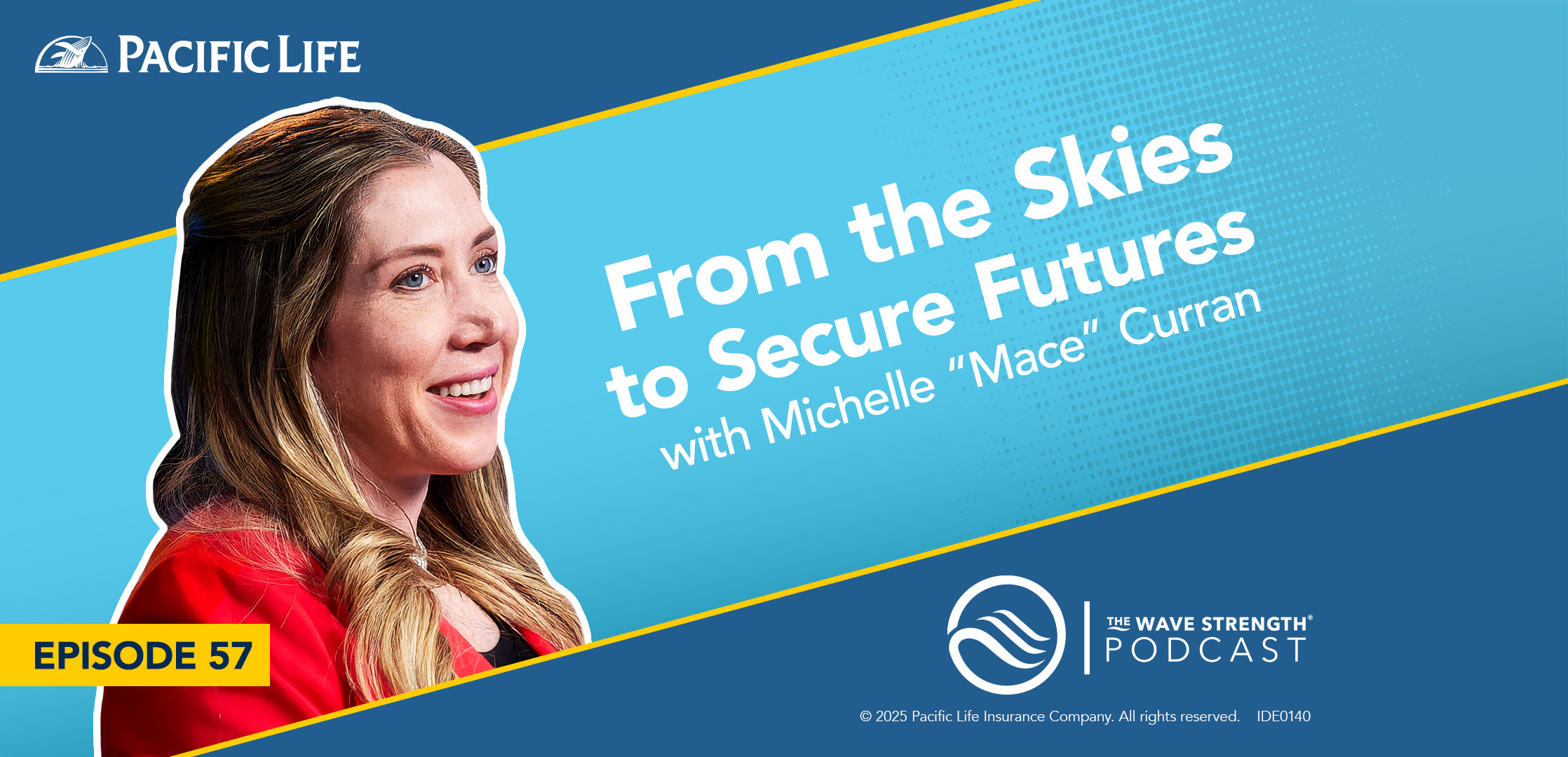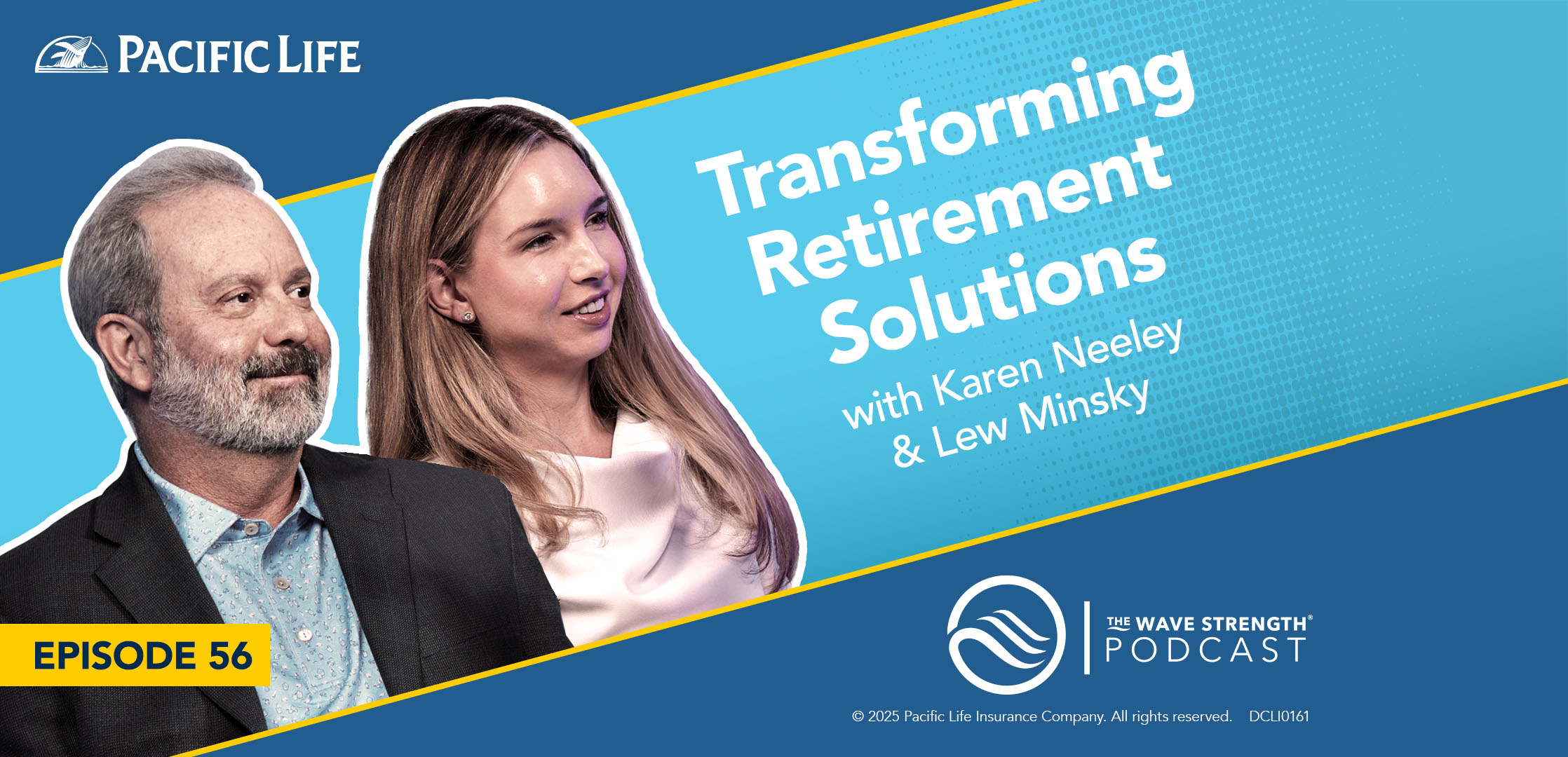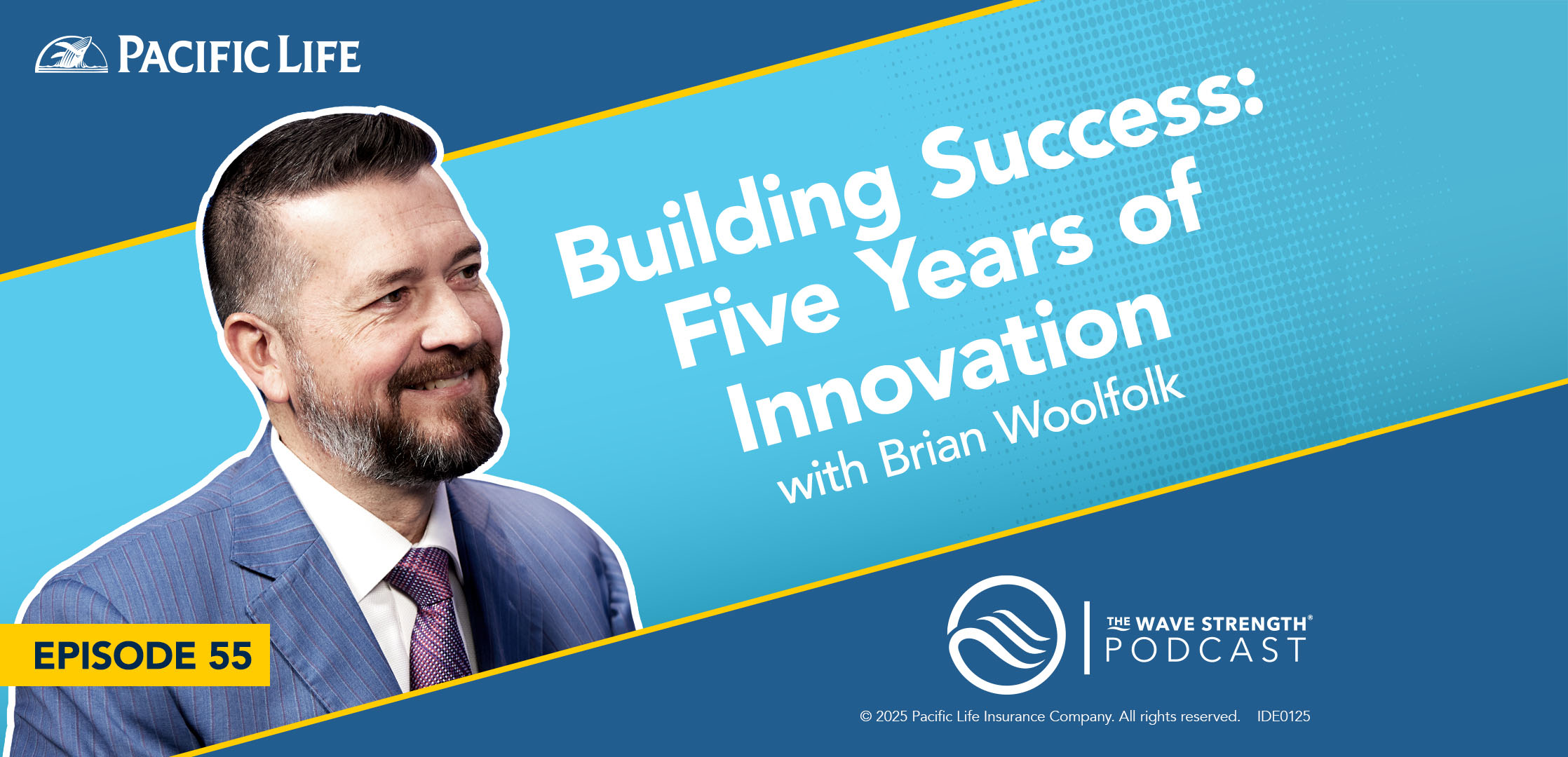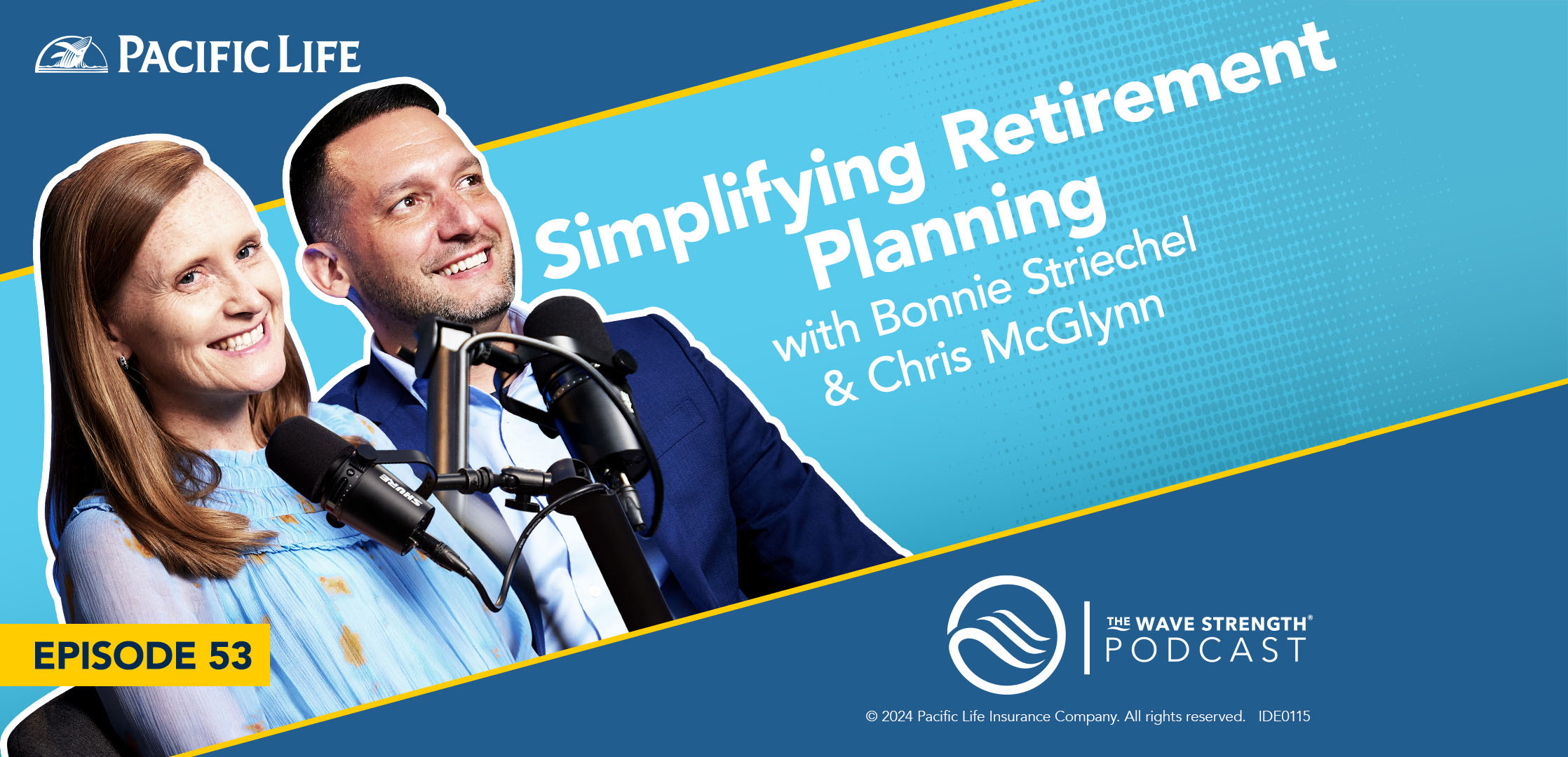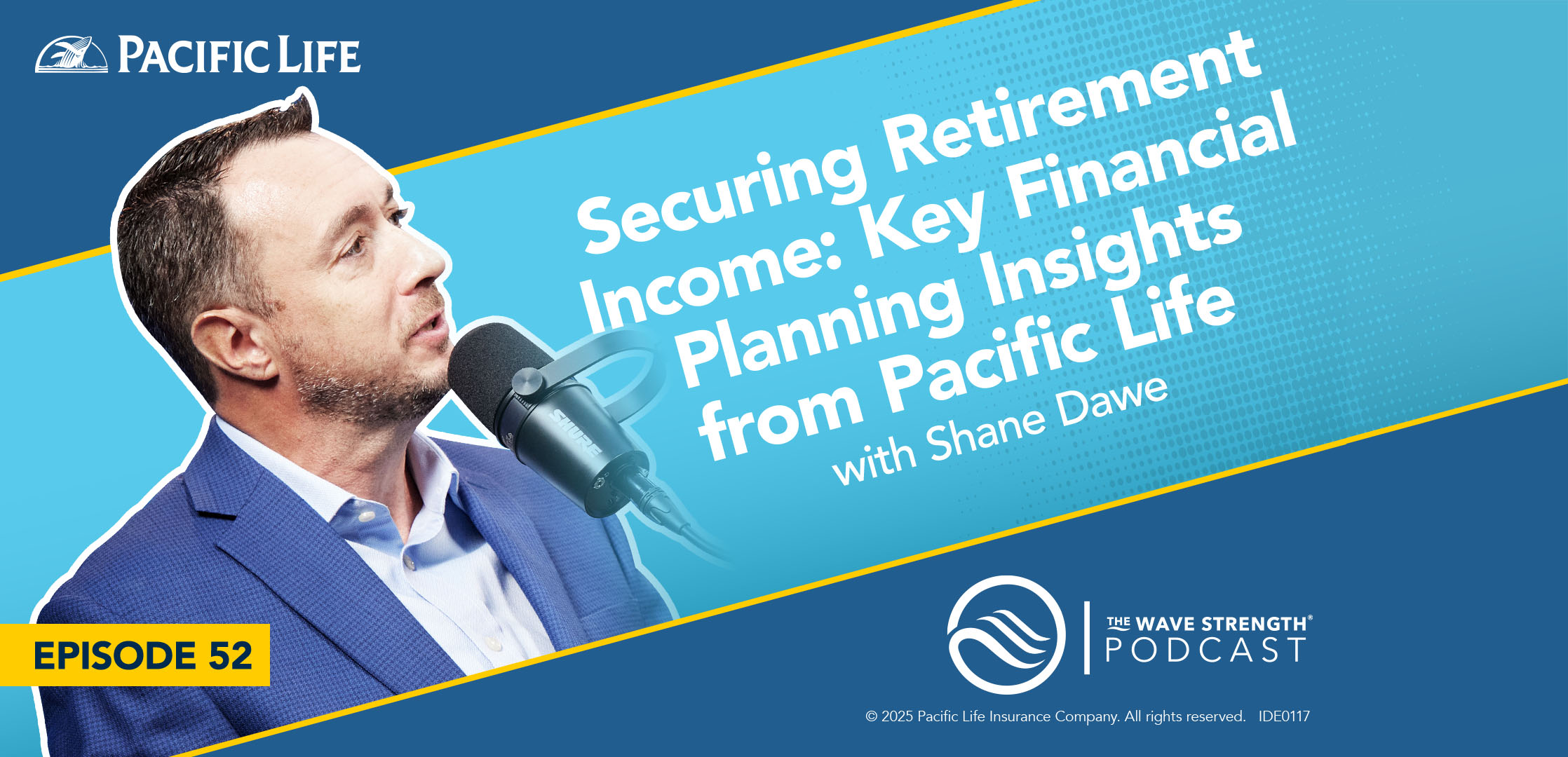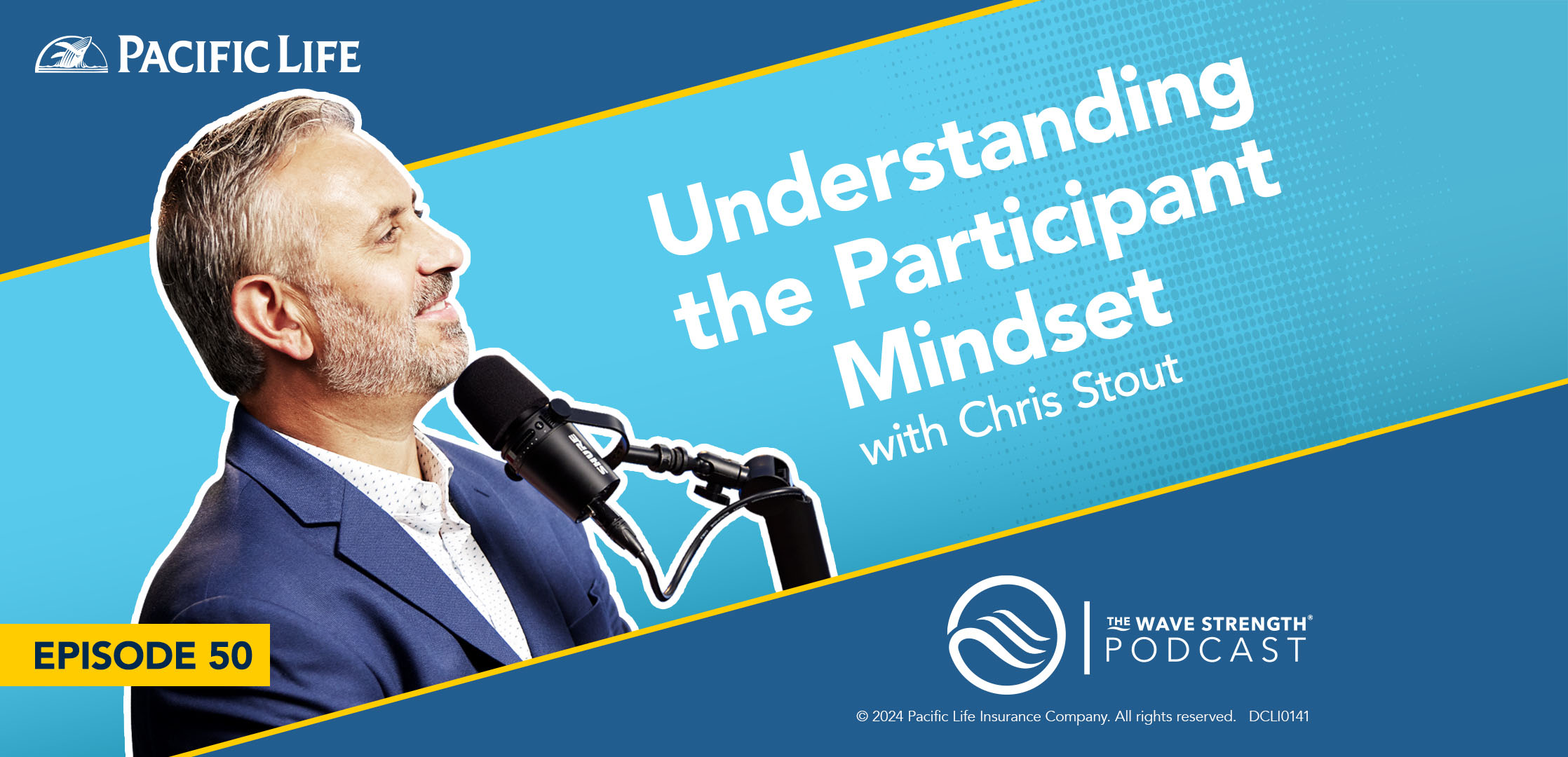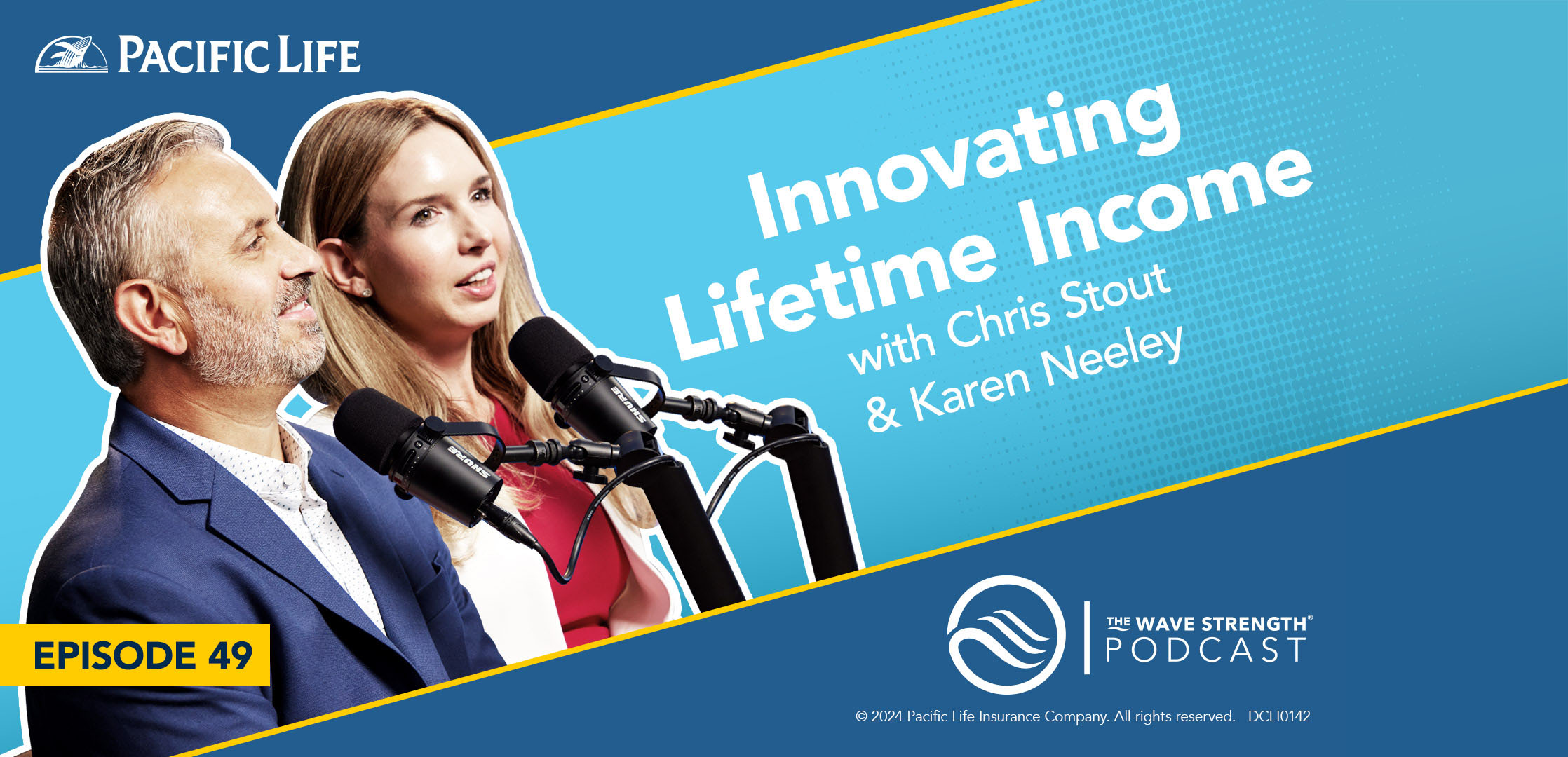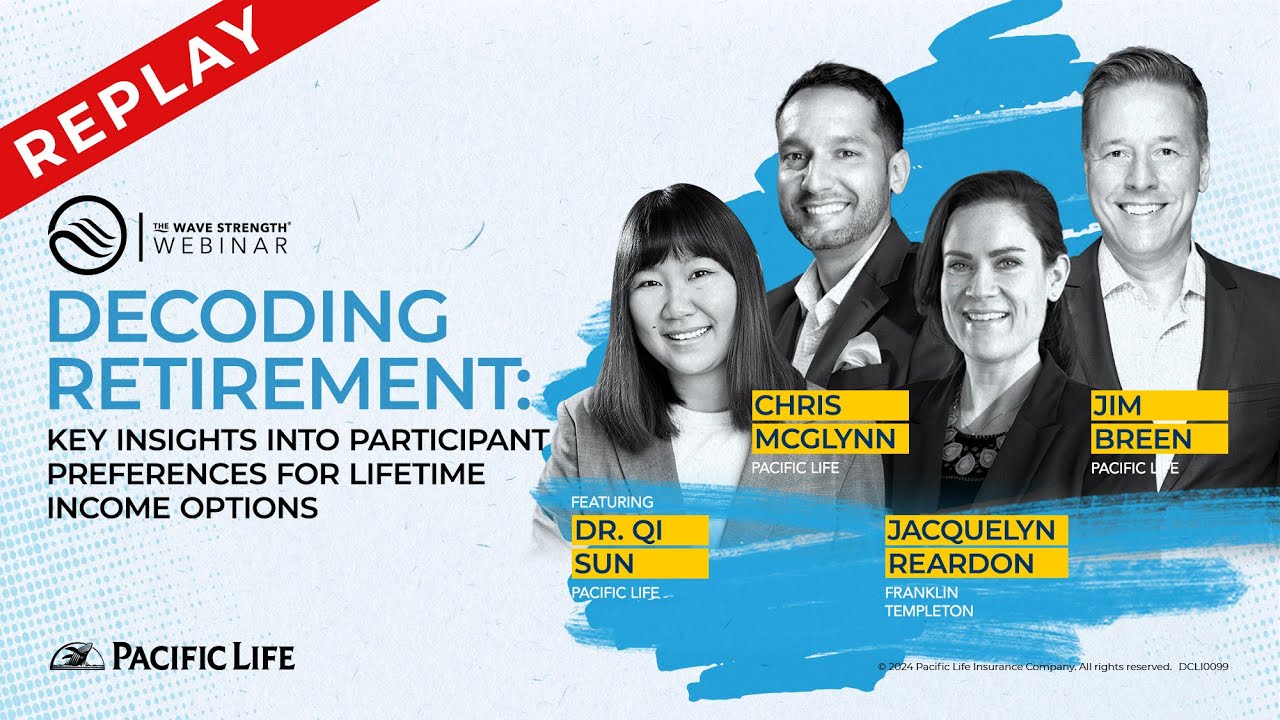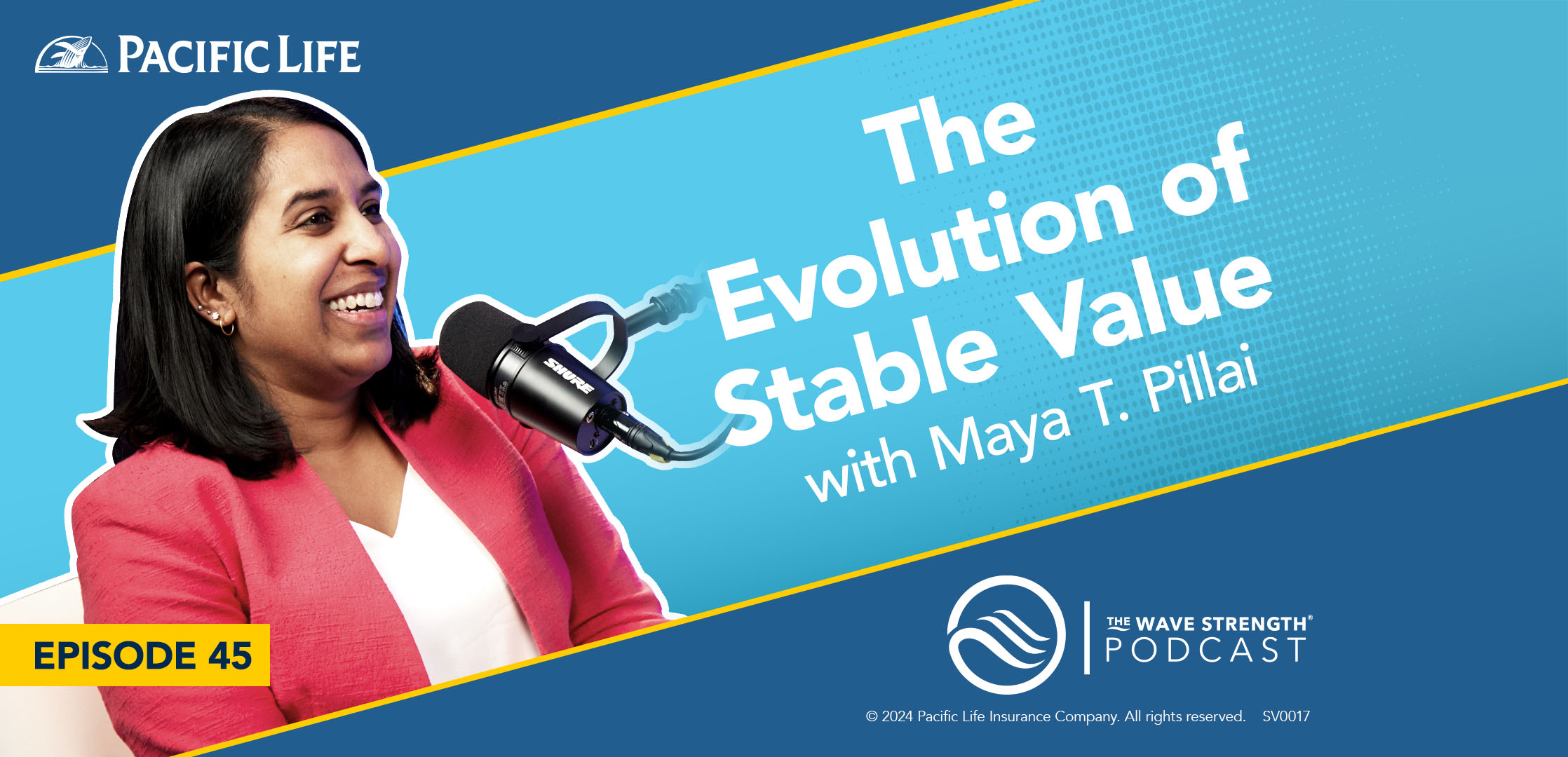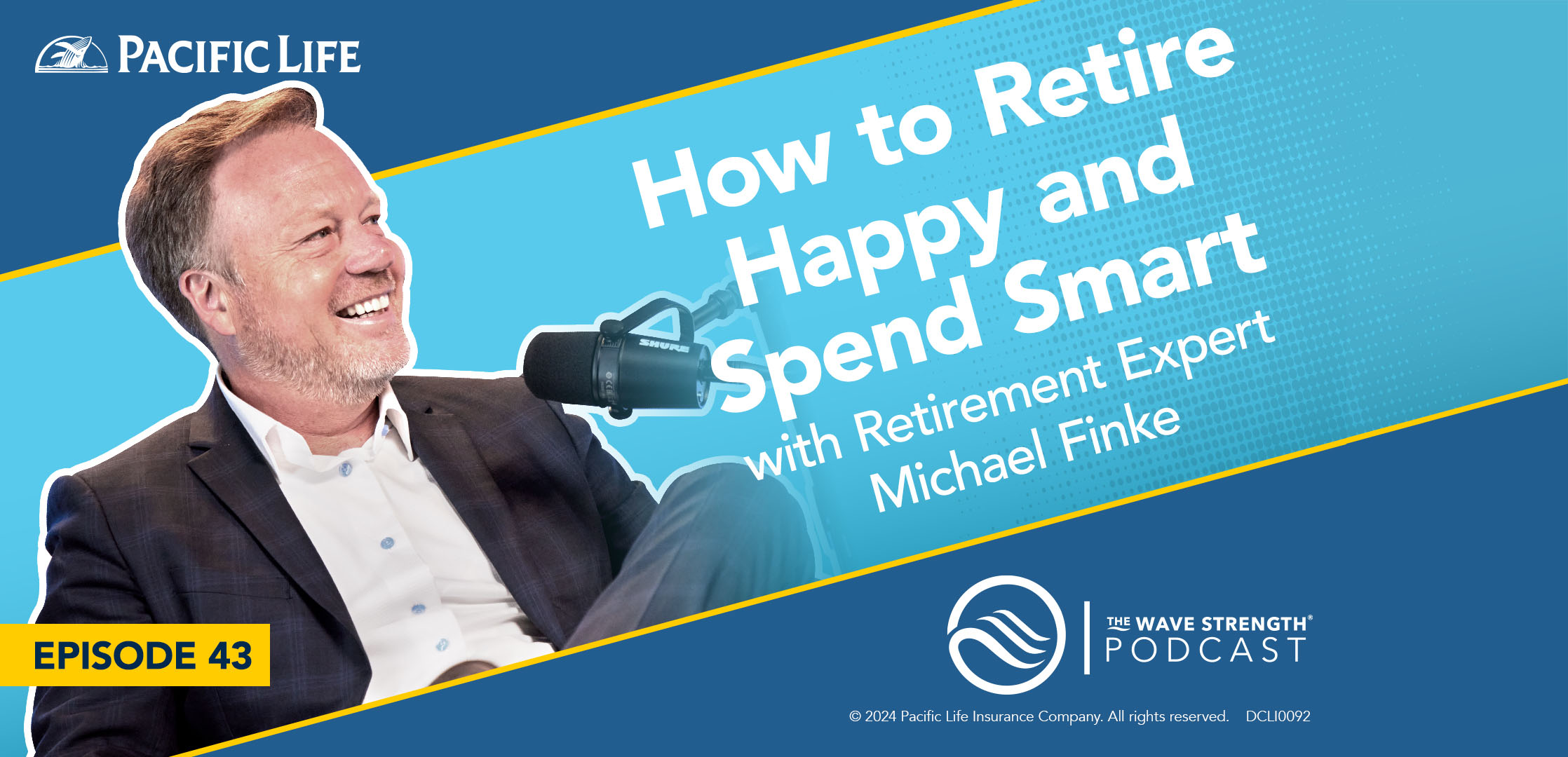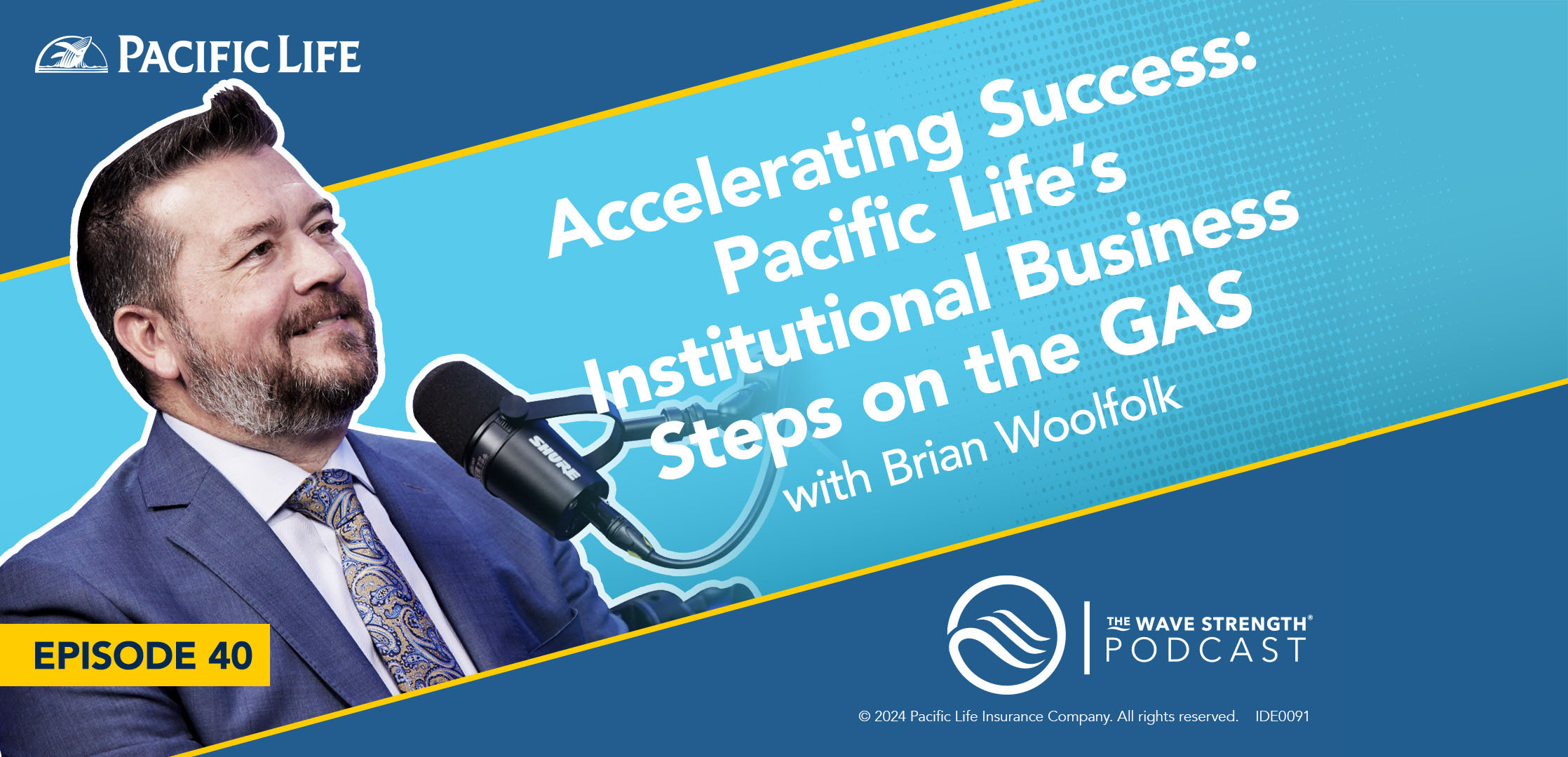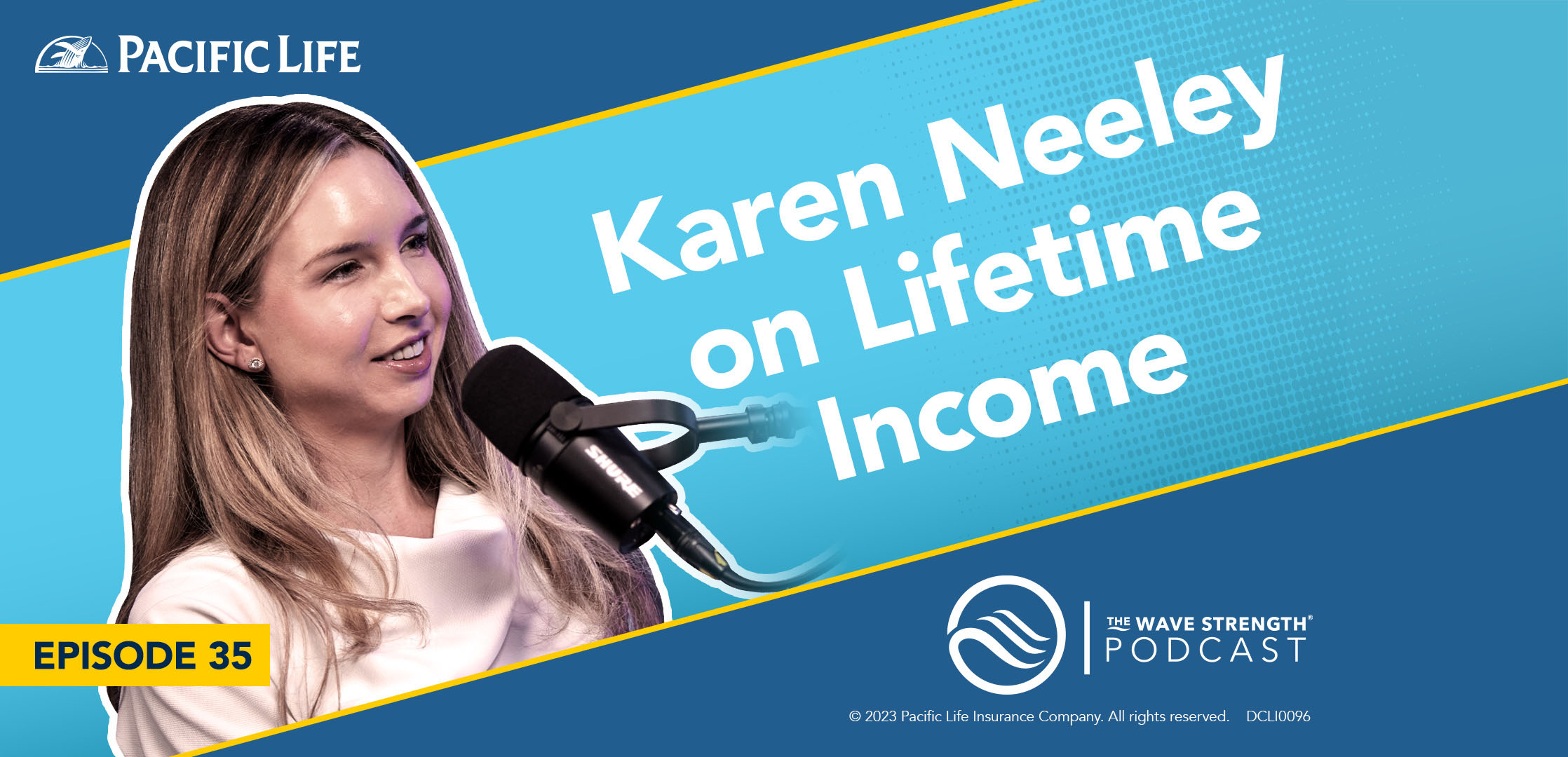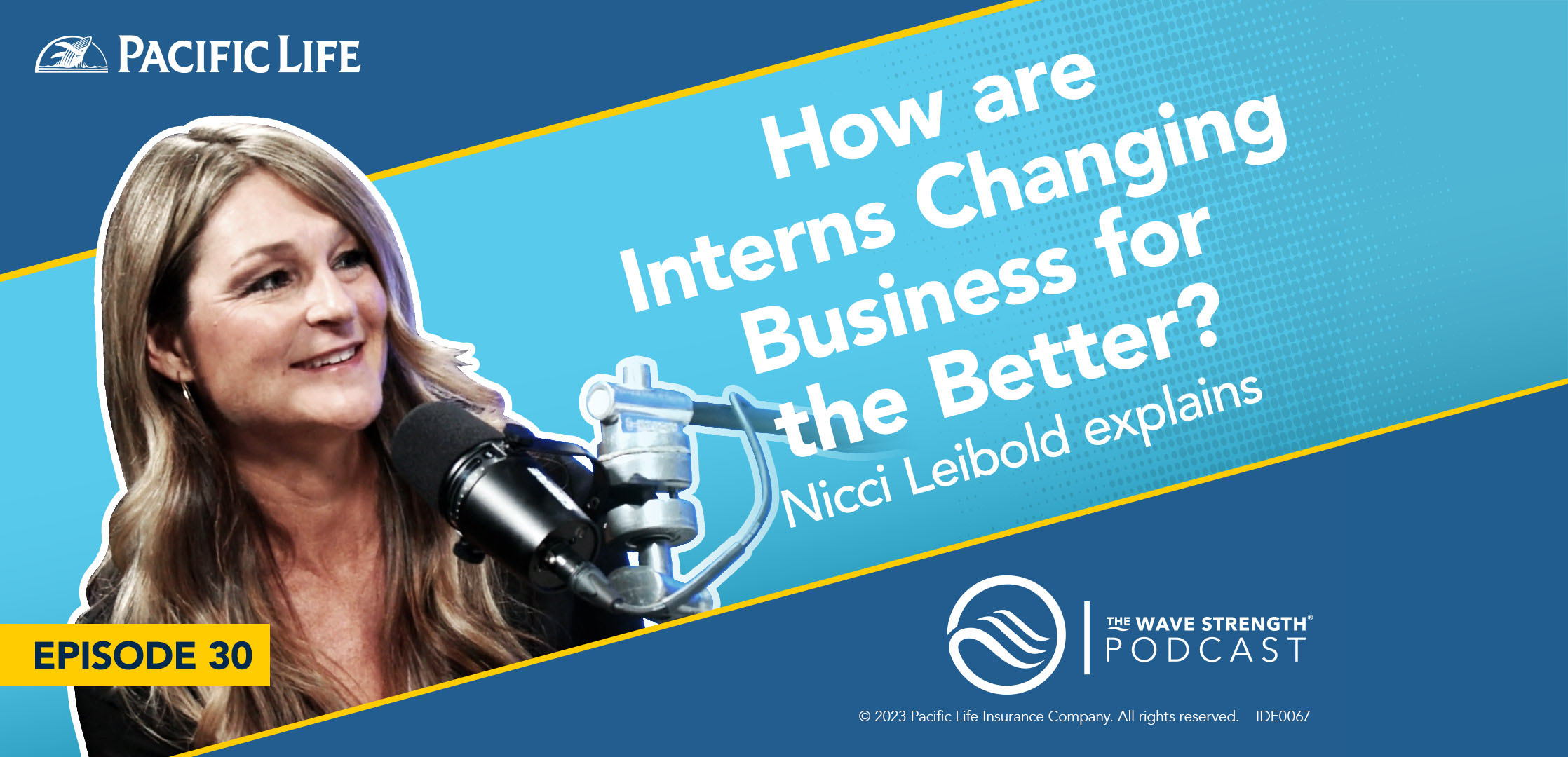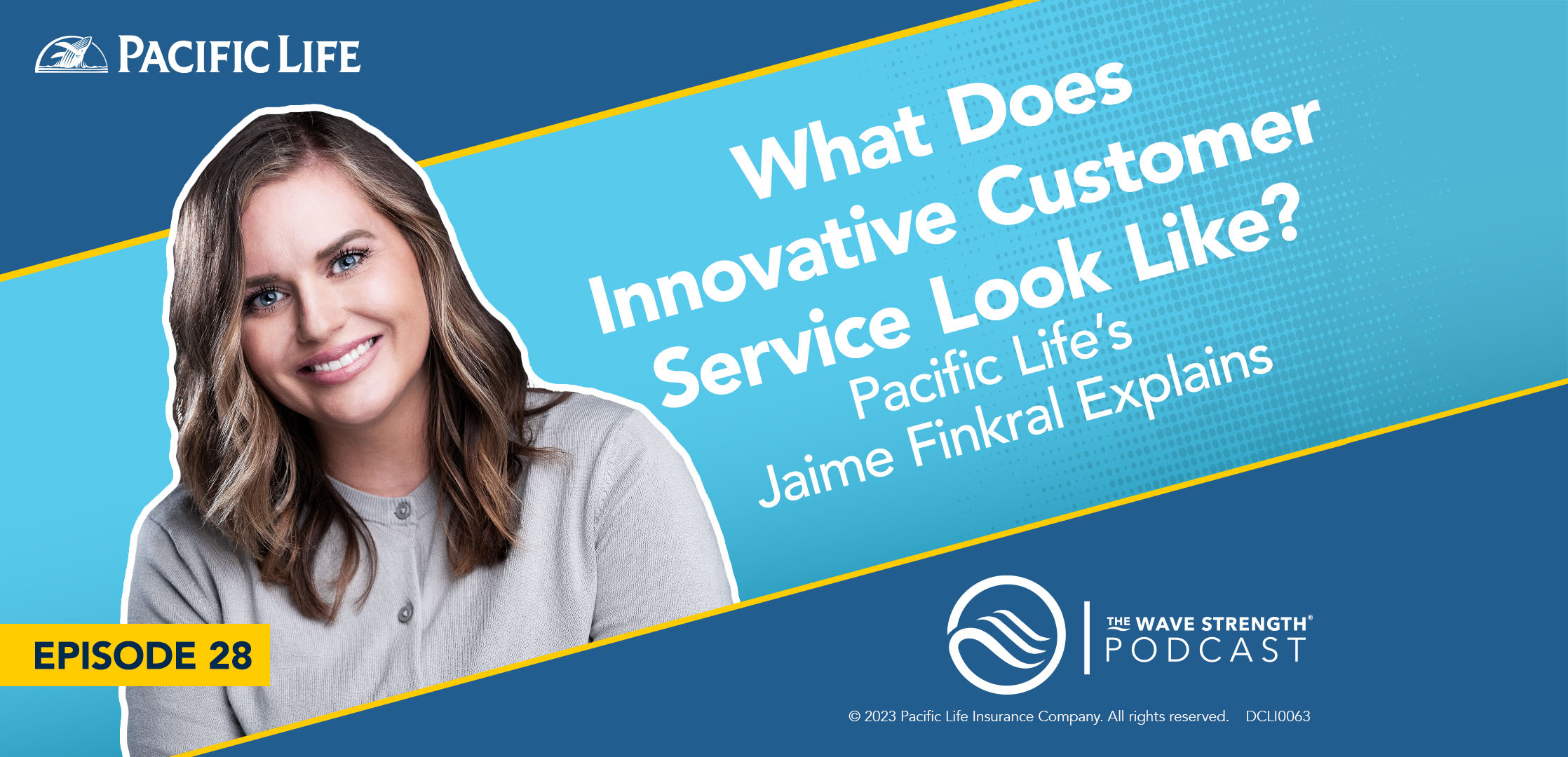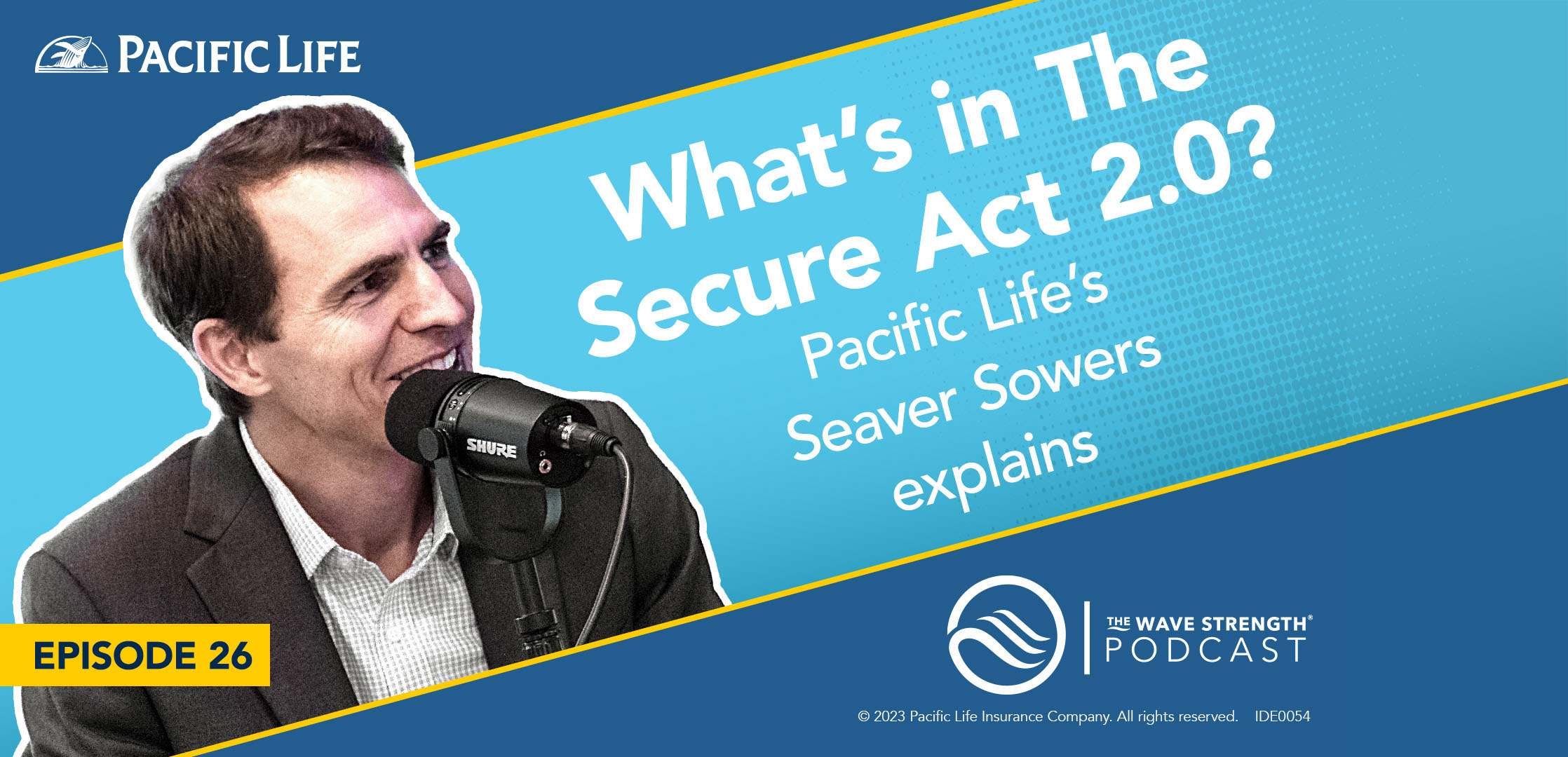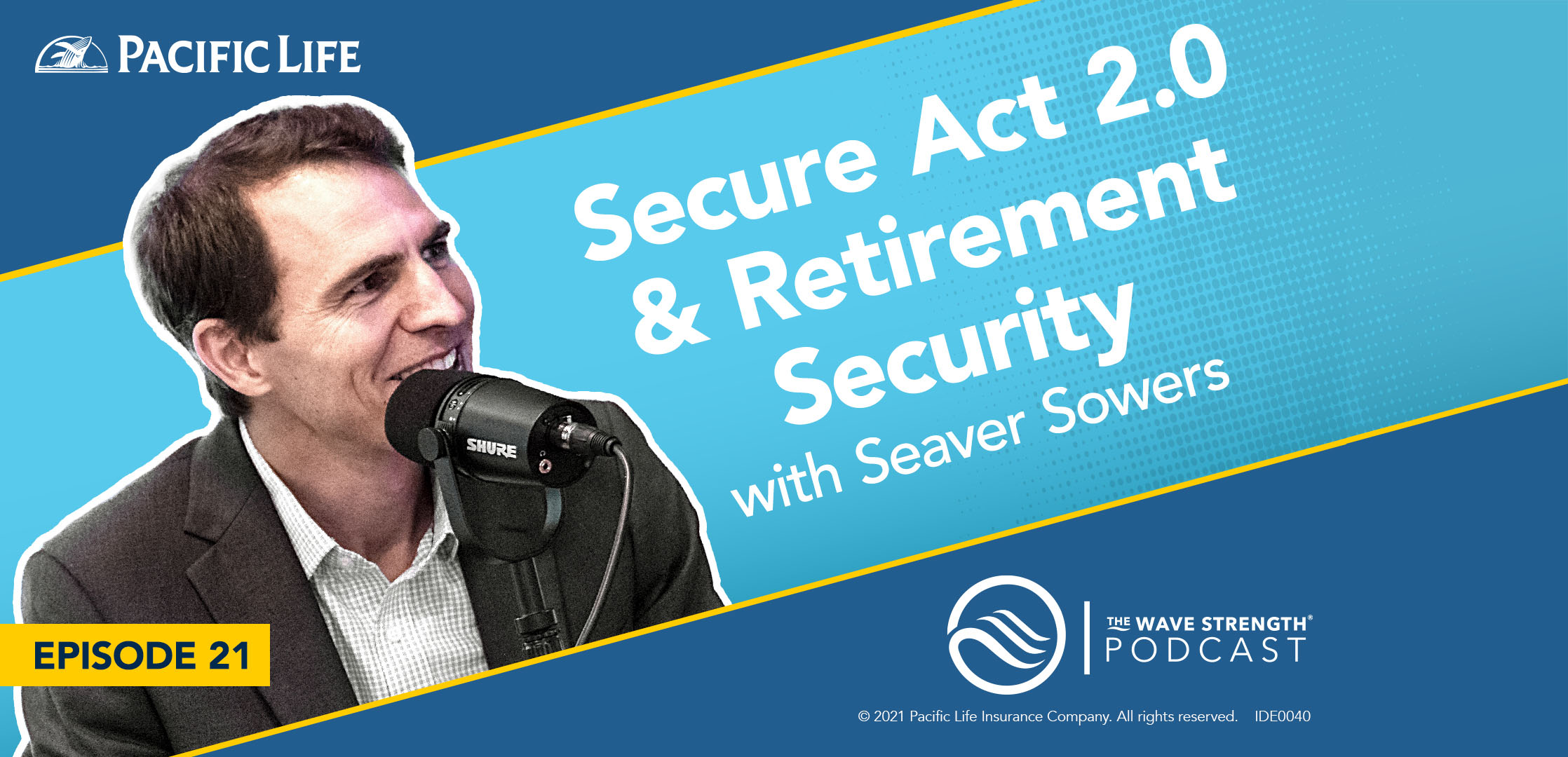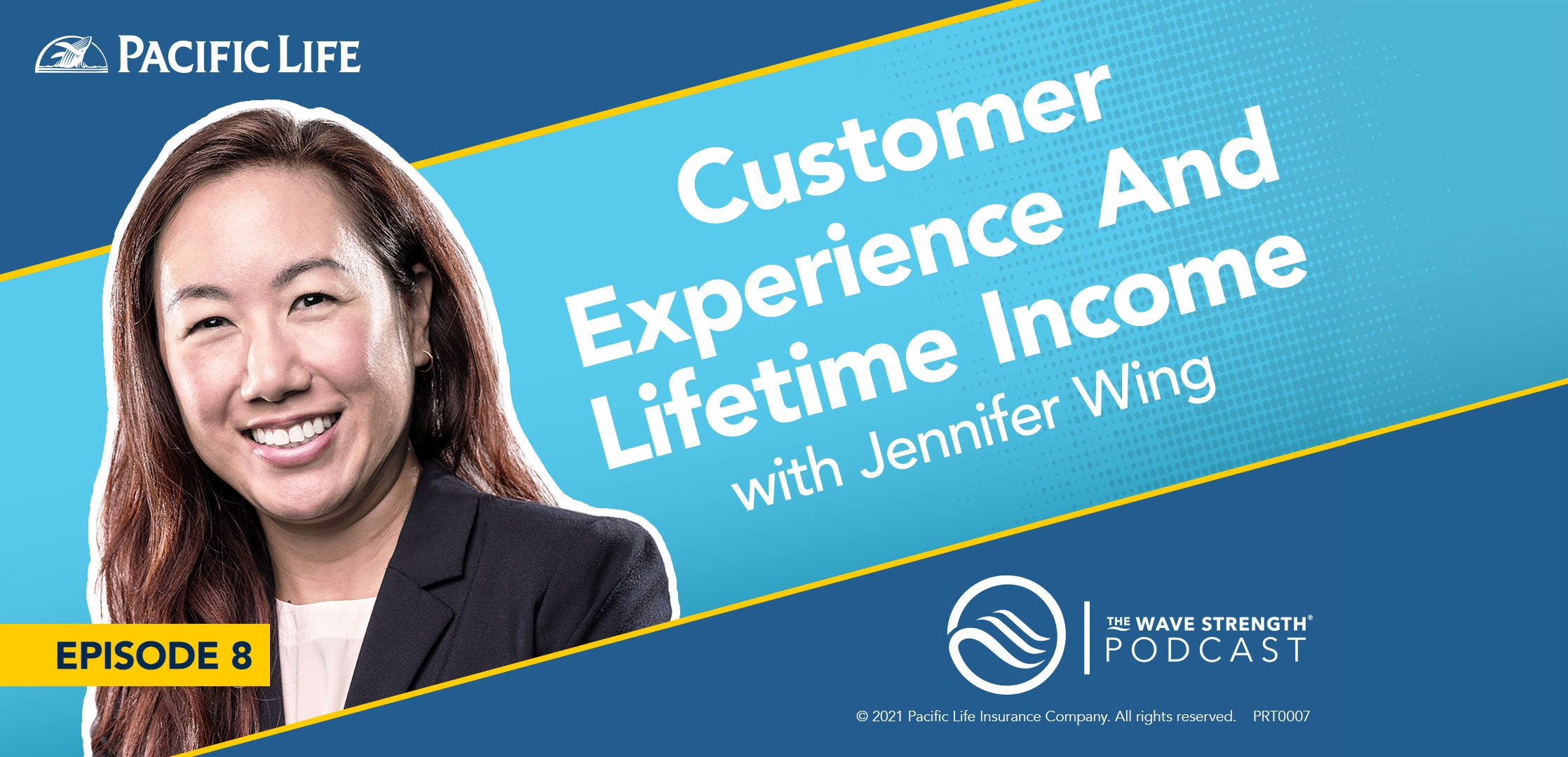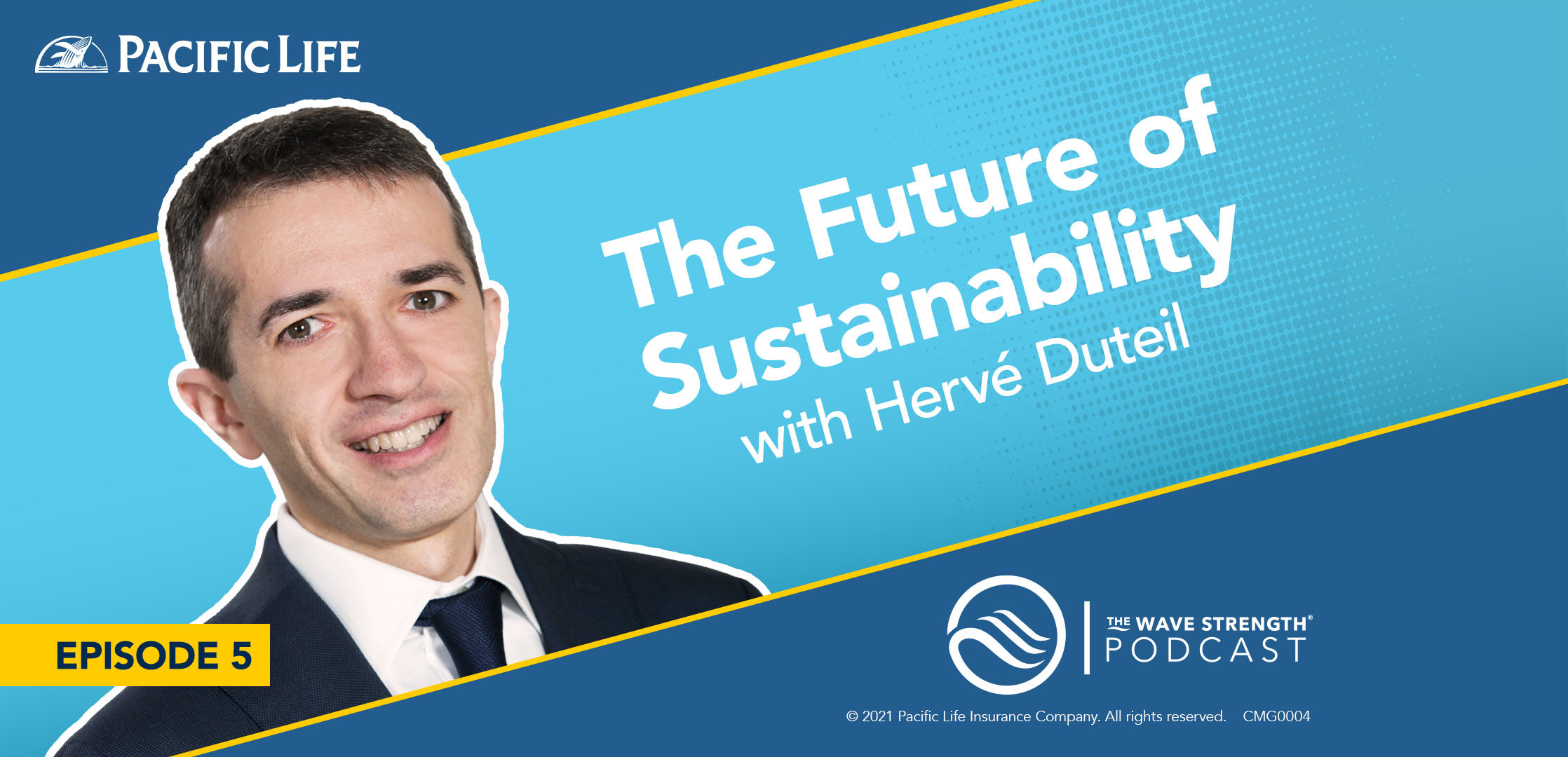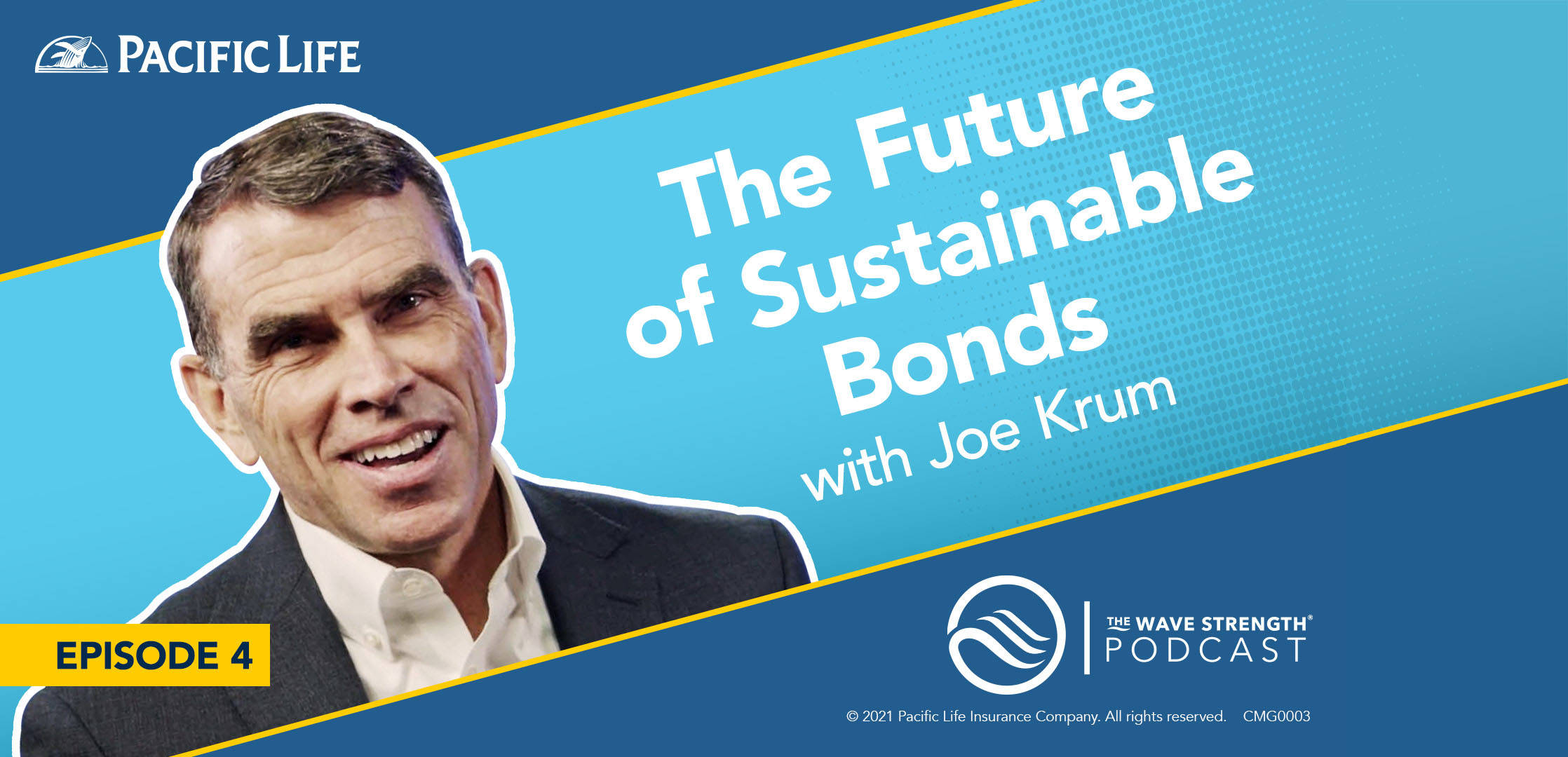Discover financial solutions that protect your future and provide peace of mind. Whether you're exploring annuities, life insurance, or understanding employee benefits through your workplace, Pacific Life offers resources and products designed to meet your personal and family goals.
Support your workforce with innovative employee benefits and retirement solutions. Pacific Life partners with business owners, benefits administrators, and pension fund managers to create customized programs that attract and retain top talent while securing their financial future.
Simplify complex retirement and pension risk management with our tailored solutions for large organizations. Pacific Life specializes in working with institutions to address their unique challenges, offering expertise in pension de-risking and strategic retirement planning for a more secure future.
Empower your clients with confidence by leveraging Pacific Life’s comprehensive portfolio of financial products. From annuities to life insurance, we provide the tools, resources, and support to help financial advisors and brokers deliver exceptional value and long-term results.
-
Individuals
Discover financial solutions that protect your future and provide peace of mind. Whether you're exploring annuities, life insurance, or understanding employee benefits through your workplace, Pacific Life offers resources and products designed to meet your personal and family goals.
-
Employers
Support your workforce with innovative employee benefits and retirement solutions. Pacific Life partners with business owners, benefits administrators, and pension fund managers to create customized programs that attract and retain top talent while securing their financial future.
-
Institutions
Simplify complex retirement and pension risk management with our tailored solutions for large organizations. Pacific Life specializes in working with institutions to address their unique challenges, offering expertise in pension de-risking and strategic retirement planning for a more secure future.
-
Financial Professionals & Brokers
Empower your clients with confidence by leveraging Pacific Life’s comprehensive portfolio of financial products. From annuities to life insurance, we provide the tools, resources, and support to help financial advisors and brokers deliver exceptional value and long-term results.
The Wave Strength | Webinar | March 21, 2024
Lifetime Income Options and Participant Preferences'
The Wave Strength | Webinar
Pacific Life’s, The Wave Strength series presented a special LinkedIn Live event featuring Qi Sun, PhD, who shared thought-provoking takeaways from her new research study and whitepaper: Decoding Retirement: Key Insights into Participant Preferences for Lifetime Income Options. Dr. Sun joined The Wave Strength Host Jim Breen; Pacific Life’s Director of Institutional Lifetime Income & Pension Solutions, Chris McGlynn, CEBS®, CRPS®; and Franklin Templeton’s Jacquelyn Reardon, RMA®, to unpack the study and discuss how participants feel about their retirement plan options. Listen in as they take a closer look, beyond the numbers, to reveal what the people behind the data are telling us about financial well-being and retirement.
About our Guests
Jacquelyn K. Reardon
Head of U.S. Marketing, Franklin Templeton
Jacque is the Head of U.S. Marketing at Franklin Templeton where she manages a team of marketing specialists to implement strategy and partners closely with the sales leaders of the distribution channel to ensure priorities are aligned. She also plays a key role in managing strategic partnerships. Jacque holds a B.A. in Psychology from Villanova University, and she maintains multiple licenses and certifications, including series 6, 7, 24, 63, and RMA®.
Christopher McGlynn
Strategic Partner Relations Director, Pacific Life Institutional Division
Chris is responsible for consulting with organizations and their intermediaries on Pension Risk Transfer and Defined Contribution Lifetime Income solutions. Through these institutional retirement collaborations, Chris partners to provide innovative opportunities for plan sponsors to manage future employer-retirement cost volatility and the option to offer its employees with in-plan guaranteed income options for retirement. He has over 18 years of experience in the retirement industry, specializing in pension risk transfer and defined contribution lifetime income solutions. Chris holds a Business Finance degree from Central Connecticut State University and maintains multiple licenses and certifications, including CEBS®, CMS, and CRPS®. Chris joined Pacific Life in 2022.
Dr. Qi Sun
Financial Economist, Pacific Life Institutional Division
Qi’s research focuses on longevity insurance, household asset allocation decisions, and financial well-being. Qi holds a bachelor’s degree in finance from Donghua University, a master’s degree in Personal Financial Planning from the University of Missouri, Columbia, and a doctorate in Personal Financial Planning from Texas Tech University. Her 2023 white paper, Decoding Retirement: Key Insights into Participant Preferences for Lifetime Income Options, won multiple awards including a gold and a platinum for best white paper. Qi joined Pacific Life in 2021.
Learn More
Pacific Life is a product provider. It is not a fiduciary and therefore does not give advice or make recommendations regarding insurance or investment products. Pacific Life, its affiliates, its distributors, and respective representatives do not provide any employer-sponsored qualified plan administrative services or impartial advice about investments and do not act in a fiduciary capacity for any plan.
This material is provided for informational purposes only and should not be construed as investment, tax, or legal advice.
Information is based on current laws, which are subject to change at any time. Clients should consult with their accounting or tax professionals for guidance regarding their specific financial situations.
Pacific Life refers to Pacific Life Insurance Company and its affiliates, including Pacific Life & Annuity Company. Insurance products can be issued in all states, except New York, by Pacific Life Insurance Company or Pacific Life & Annuity Company. In New York, insurance products are only issued by Pacific Life & Annuity Company. Product availability and features may vary by state. Each insurance company is solely responsible for the financial obligations accruing under the products it issues.
The home office for Pacific Life & Annuity Company is located in Phoenix, Arizona. The home office for Pacific Life Insurance Company is located in Omaha, Nebraska.
IDI0113
DCLI0099


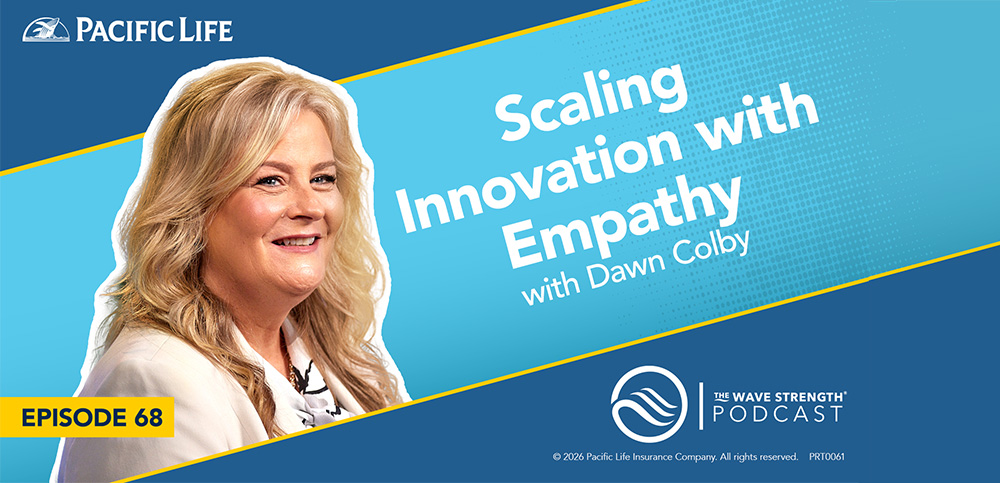
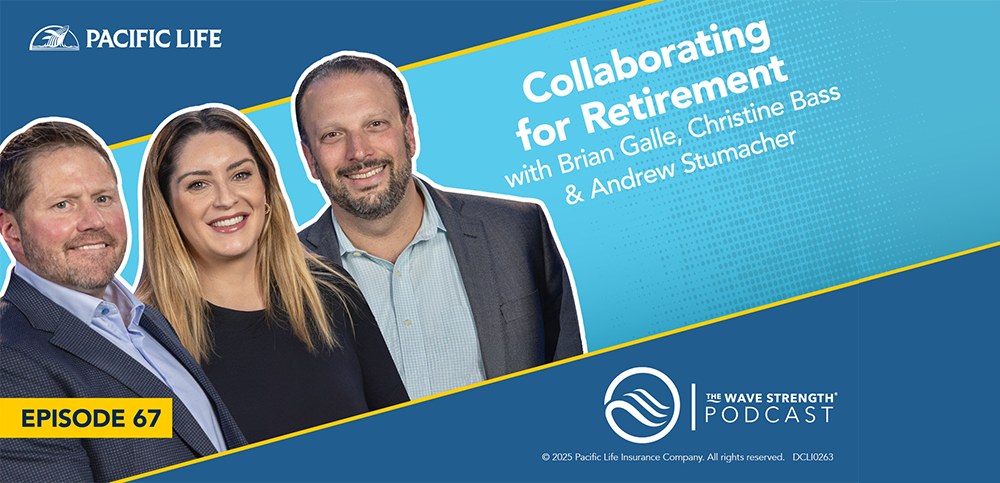
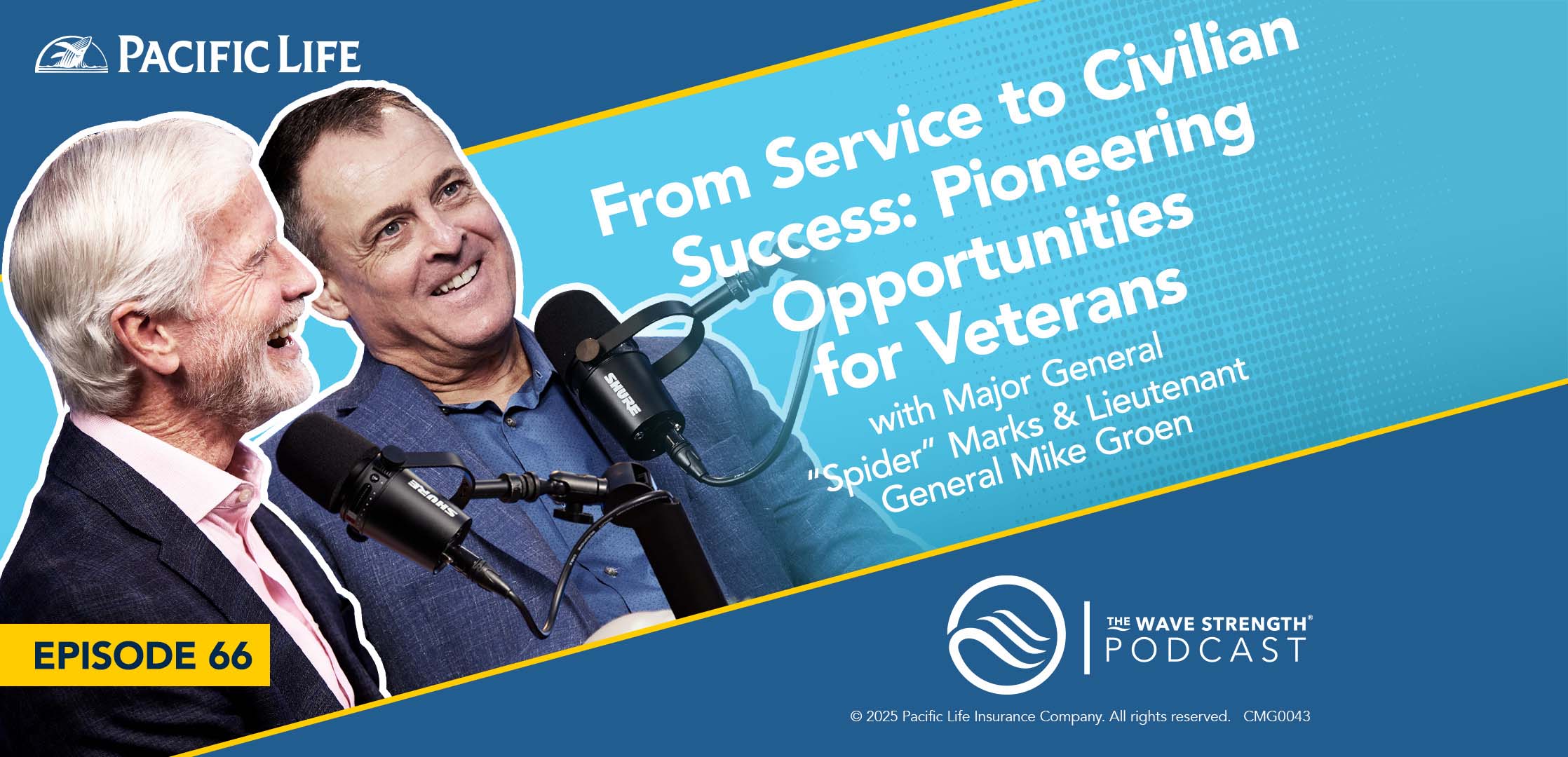
.jpg)

